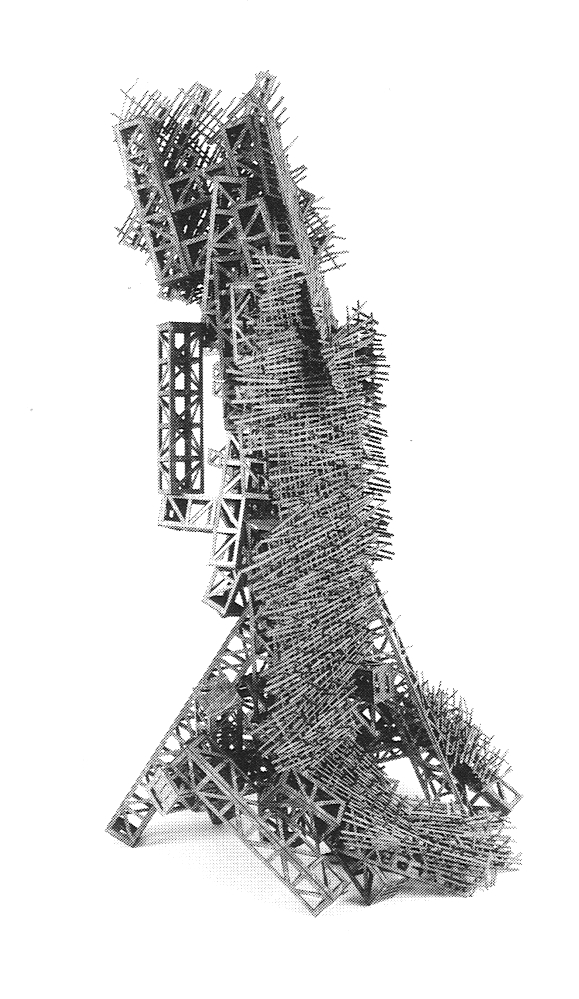
A clear, well-conceived vision can move mountains. As a young designer I was continually startled by the impact I was having in the world.
The company I worked for would regularly have developers visit the office and ask our team to evaluate a piece of land and suggest how it should be developed. In a matter of days my colleagues and I would explore the possibilities, develop a strategy, produce a few drawings and perhaps build a quick model. More times than not, this resulted in massive investments, millions of dollars exchanging hands and the marshalling of a small army to accomplish the vision captured in our work.
When confronted with a vacant lot or blank sheet of paper very few people can imagine what comes next — not everyone can “call forth the things that are not as though they were.” A close friend and fellow designer affectionately refers to this ability as his “super power.” The ability to see beyond what exists now and develop an effective plan for the future requires self-confidence and, perhaps, a degree of arrogance.
The result demands vast amounts of toil and treasure, which could be used for another purpose but instead is directed to accomplish a singular vision. The possibilities are endless, so the essential question that must constantly be asked is this: Why do this and not that?
Unfortunately, it is easy for those who possess this super power to become intoxicated by the process and begin making things for the wrong reasons. In the Book of Genesis there is a story about the Tower of Babel. The tale is about unbridled human ambition and humanity’s desire to build a tower to the heavens — to exert our control and become our own god. The work pictured above is one selection from a series of sculptures entitled Disease of Conceit that explore this simple text. I imagine this work was, in part, an effort to exorcise my demons and consecrate any super powers I may hold for the good of humanity.

I have spent most of my life developing and implementing vision/mission plans. It has been my experience that people can become intoxicated with vision… overwhelmed by its power and potential. This is one of the reasons we need to work in community. Visionaries actually need managers. Processors need the spark of spontaneity.
Humility is perhaps one of the most important skills for a designer to develop.